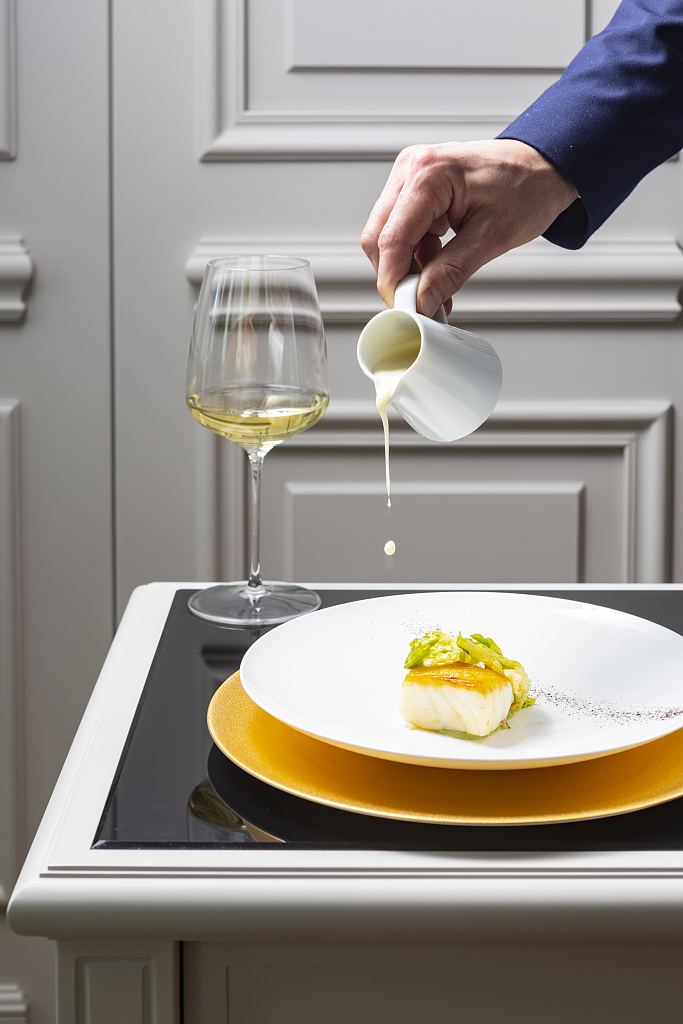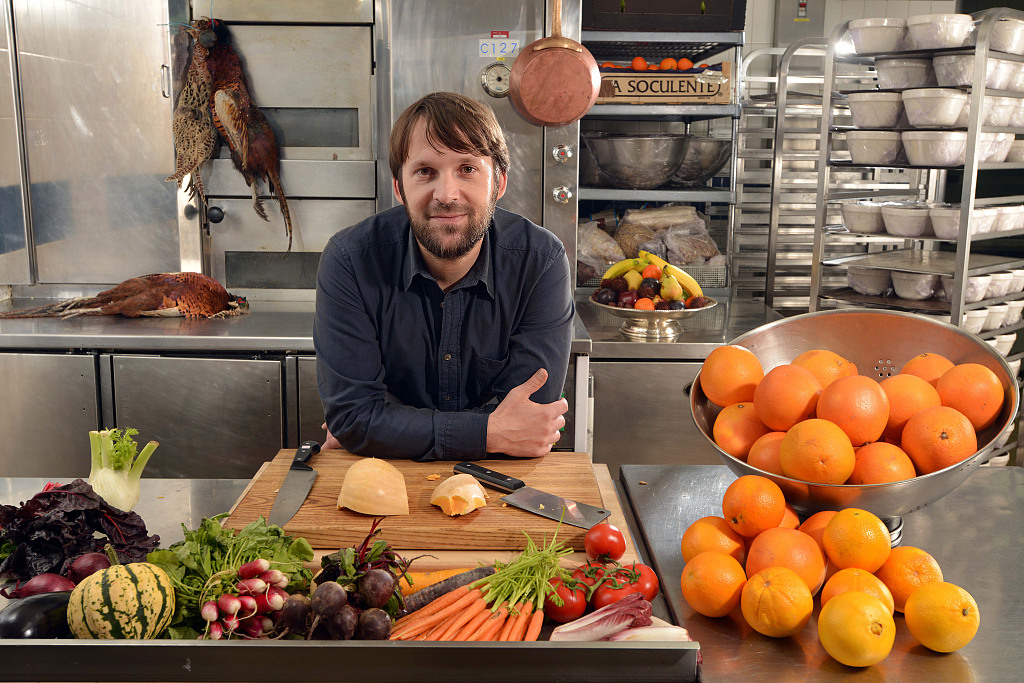Editor's note: The global COVID-19 pandemic has forced many Michelin restaurants to terminate business, lose money, or even close down. Forced off the "altar," Michelin restaurants are looking for a recovery or makeover. These beautiful Michelin stars, under the influence of the epidemic, are both a glory and a burden.
As the COVID-19 pandemic spread around the world, a number of public places were forced to close. And the first to be influenced is very sensitive to the customer flow of the catering industry.
Michelin restaurants, which mainly focus on the high-end market, already have high operating costs. The loss caused by the closure of a restaurant and the lack of customers soon makes the loss difficult to make up.
Michelin stars are not saviors
Unlike some fast food or chain restaurants, Michelin restaurants tend to have more "crafty" ingredients. Even some restaurants have very strict requirements on the origin of raw materials, and under the influence of COVID-19, their needs for raw materials are obviously not met. Secondly, because of the different measures to "lockdown" certain cities, restaurants cannot be opened in this case.
"There is definitely a question mark over Eleven Madison Park (EMP)—if it will reopen," Daniel Humm, the chef-owner of this No. 1 restaurant in the world in 2017, tells Bloomberg Pursuits during a phone interview on last month.

"I want to continue to cook with the most beautiful and precious ingredients in a creative way, but at the same time, it needs to make sense," he added.
Momofuku Nishi, New York's best-known two-Michelin star restaurant, faces the same dilemma. David Chang, the founder and celebrity chef, had to close Nishi due to the economic toll of the COVID-19 outbreak, the chef's company announced last month.
"As we navigate this crisis, safety is our guiding principle. When we looked at the investments needed to make our restaurants the safest places to dine and work—new systems and personal protective equipment for our teams—it became clear that not all our restaurants would be able to bear those costs," reads a post on the Momofuku restaurant group's Instagram page.
It's not just restaurants that have been hit hard. Many of the employees who work for the restaurants are at risk of being laid off.
According to the National Restaurant Association (NRA), 75 percent of New York's restaurants have been hit. Within three months, nearly three million restaurant workers had to apply for unemployment benefits.
In the early days of EMP's closure, Daniel Humm wasn't without a "Plan B" approach. He considered whether to start the restaurant's take-out service, but quickly reversed himself.
"We were thinking, should we do some sort of to-go box? But it was so intense in New York, it didn't feel to me that the world needed Eleven Madison Park food in fancy boxes," Humm said.
In the end, he chose to focus on the present and use his resources and contacts to solve the acute hunger problem in New York recently.
In early April, Humm transformed EMP into a commissary kitchen and began producing almost 3,000 meals a day to feed hungry people around the city. He calls it "the biggest lightbulb moment," as Bloomberg reported.
There are also restaurants that take a different approach. Some Michelin restaurants in other countries and regions also have begun to downsize and offer takeout services, but the dishes and prices are far from in-store.
Last month, Noma, a restaurant in Copenhagen, announced it was reopening as Denmark lifted quarantine restrictions. The restaurant currently has two Michelin stars and has been named the best restaurant in the world four times. It is one of the hardest tables in the world to secure, often requiring a waiting period of several months.

René Redzepi is a Danish chef and co-owner of the two-Michelin star restaurant Noma in the Christianshavn neighborhood of Copenhagen, Denmark. /VCG
René Redzepi is a Danish chef and co-owner of the two-Michelin star restaurant Noma in the Christianshavn neighborhood of Copenhagen, Denmark. /VCG
However, in this special time, they were shifting to a new concept - an outdoor wine bar serving cheeseburgers, both for seated service and takeout. "Come as you are, there are no reservations," said Chef René Redzepi. "We are open for everyone."
Located on the southern bank of the river Seine, Paris, La Tour d'Argent is not only one of the oldest restaurants in France, but also one of the most landmark star-rated French restaurants in Paris. During the outbreak, the restaurant not only offered delivery services to the general public, but chefs Sebastian Devos and Yannick Franques also designed a "limited menu" with French characteristics to improve the quality of the food.
Gaetan Gentil, the chef at the Prairial restaurant in the center of Lyon, France, said the restaurant was one of the first to offer "takeaways" since the "lockdown," so business has been good. "However, given the current situation, I think it's going to be tough for the next few months, so we're going to be adding services."
Daniel Humm said he observing that it was time to redefine what luxury food means. "Food is magical, it's so powerful," he said that there are few things in the world that touch everyone. After the lockdown restrictions lift and some normalcy is restored, Humm knows he will continue cooking not just for the one percent but for those facing extreme poverty as well, as Bloomberg reported.